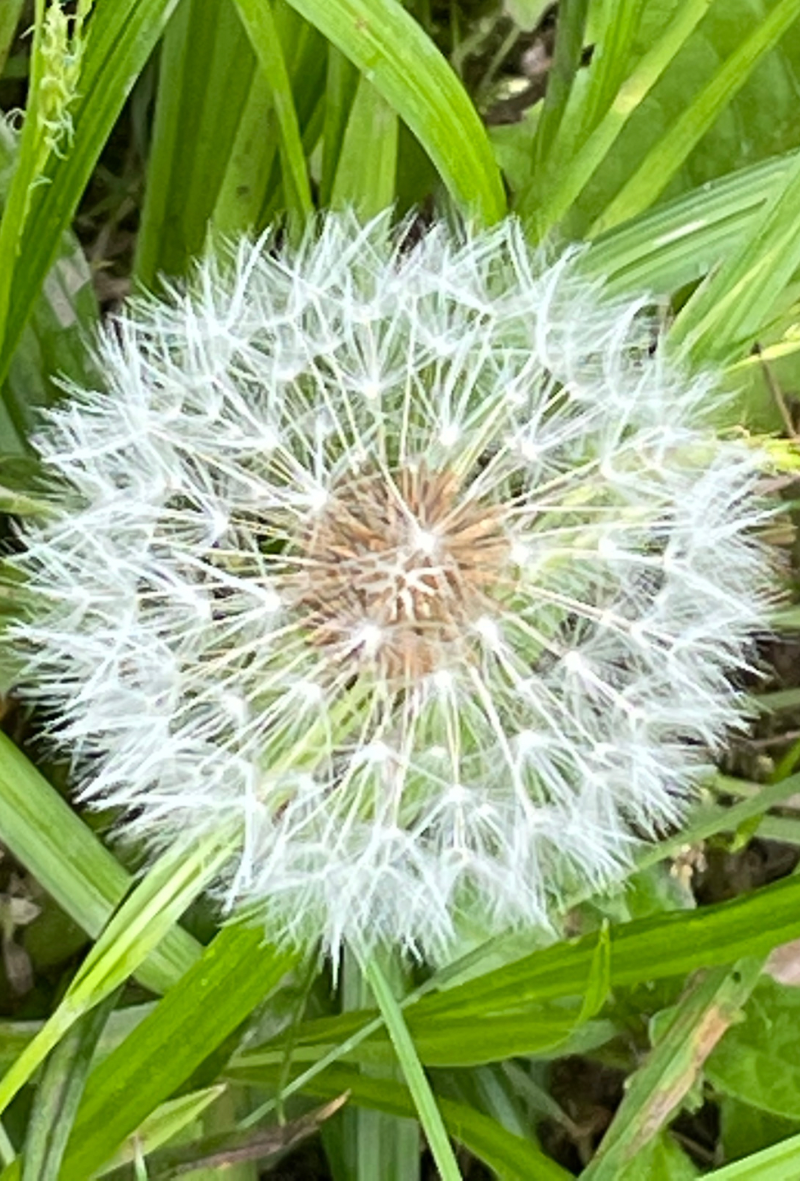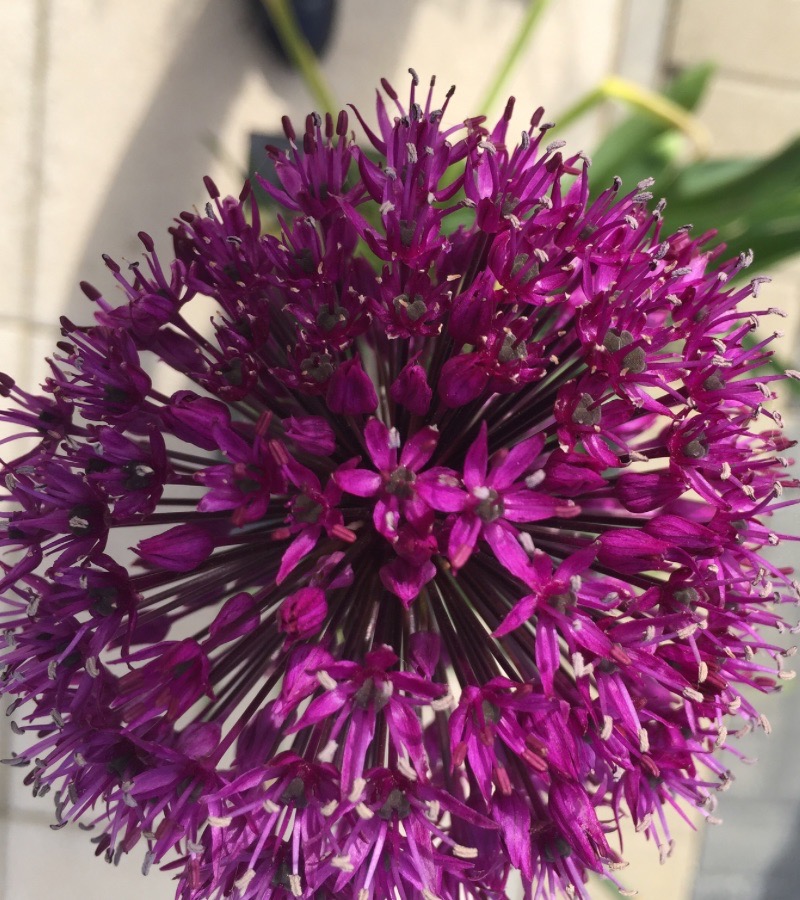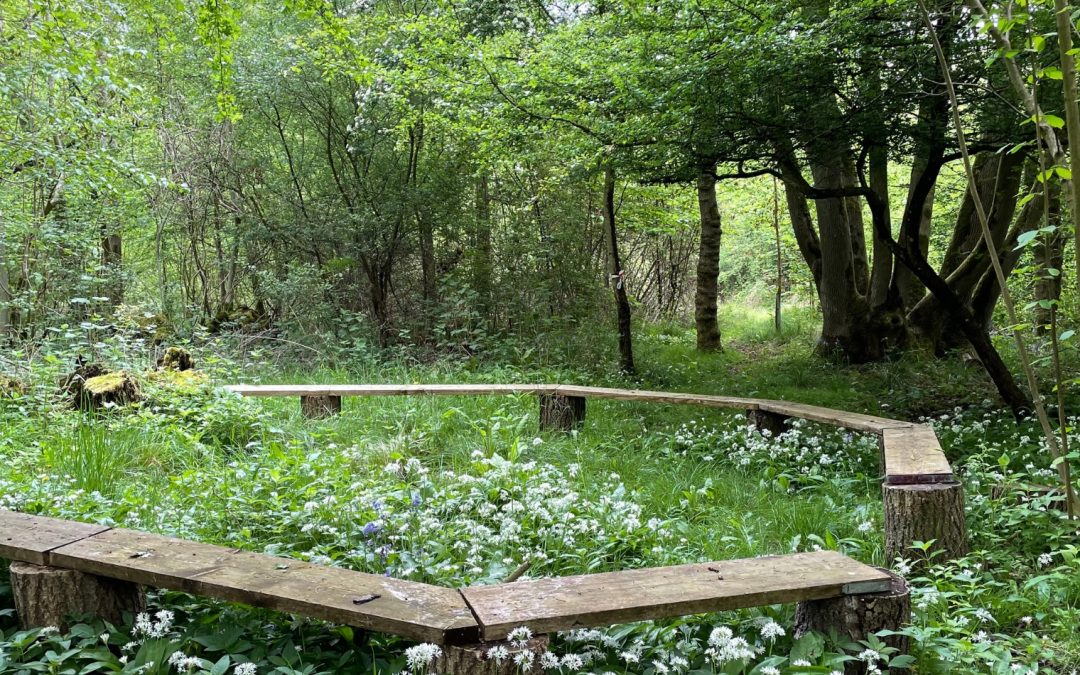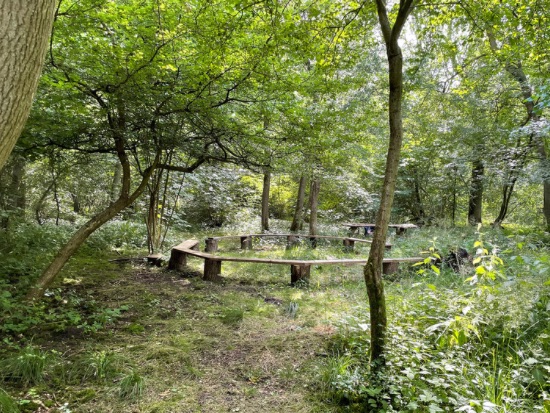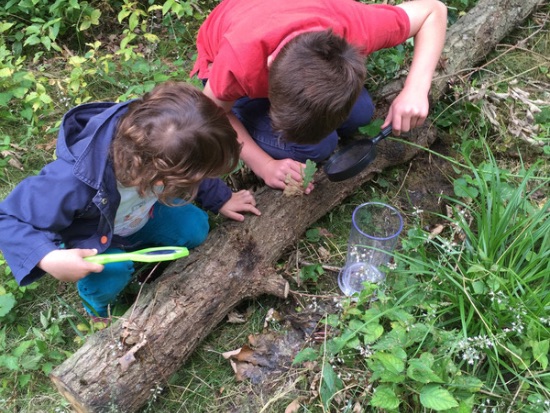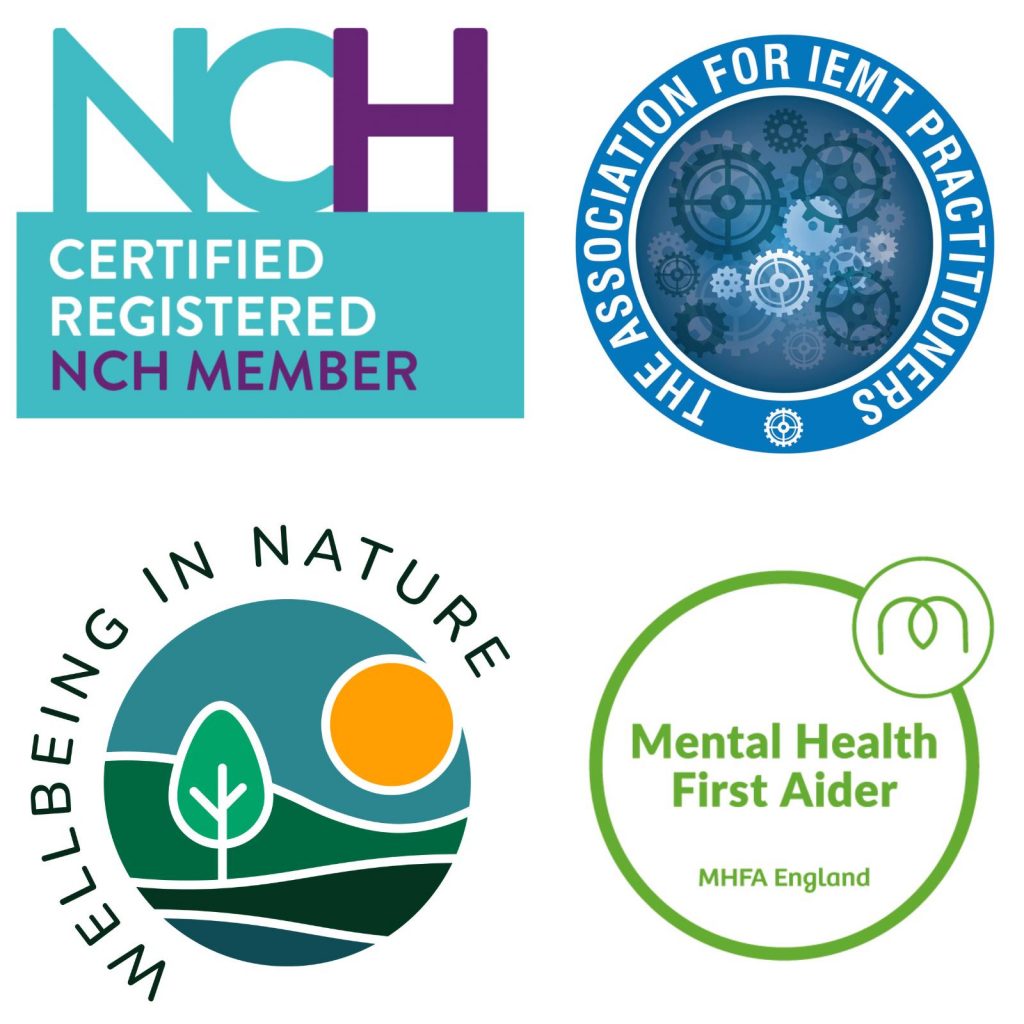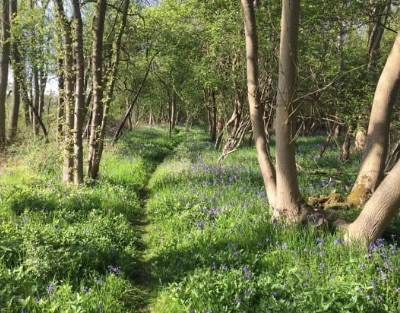
Nature therapy for mental health
How Nature helps improve mental health
Nicola’s story
Nicola had been really struggling with her mental health, unable to get rid of feelings of being stressed out and overwhelmed by life. She had explored various routes to help her feel better, including signing up for a relaxation class. The trouble was that every time she attended and tried to relax she just couldn’t, felt she was failing and that made her feel even worse.
Then someone suggested she sign up to a Nature Immersion session in a woodland to help improve her mental health. This seemed a bit unlikely to Nicola to begin with, but she decided to give it a go because she was, frankly, beginning to feel a bit desperate.
As soon as Nicola had got out of her car at the woodland she was struck by how loudly the birds were singing and also how within a few minutes she seemed to be able to breathe more deeply and easily and how pleasant that felt.
Over the next few weeks, with guidance, Nicola learned how to tune into nature at a level she had never imagined possible before and how through doing so it was possible to help herself connect with a greater sense of calmness in her head that felt, so much of the time normally, fit to burst.
Over a few sessions of Nature Immersion Nicola found it easier and easier to access a state of relaxation through tuning into the sights and sounds of nature, noticing more than she had ever done before in both the woodland and in herself.
The Nature connection activities Nicola was introduced to helped still her mind, relax her body and by the end of each session she noticed a definite reduction in her stress levels and felt somehow enveloped in a bubble of calmness.
Nichola shared her experiences with others in the group as they sat in the log circle at the end of each session, Sarah felt a sense of community and connectedness that she hadn’t experienced in a long time.
As the weeks went on, Nicola also noticed that through pursuing a deeper connection with nature she felt more deeply connected to herself. It felt good.
Nicola realised that spending time in the woodland has really helped her with her mental health. She not only had developed a deeper appreciation of the natural world but felt more grounded and able to slow down her incessant, whirring mind that was just exhausting to live with.
Nicola realised the power of Nature Connection in helping her slow down, notice more and be able to just let thoughts go, rather than just allowing them to chatter on and on inside her head. Just knowing she now had a ‘happy place’ to go made things so different, not to change her life circumstances but to help her approach in dealing with them day to day with a greater sense of calmness and resilience.
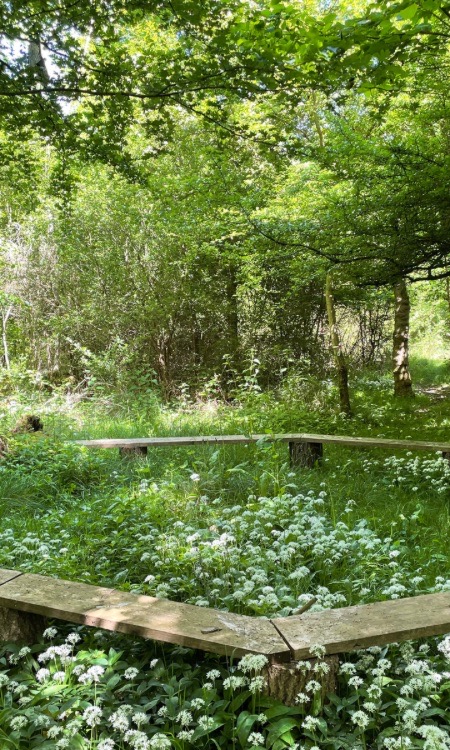
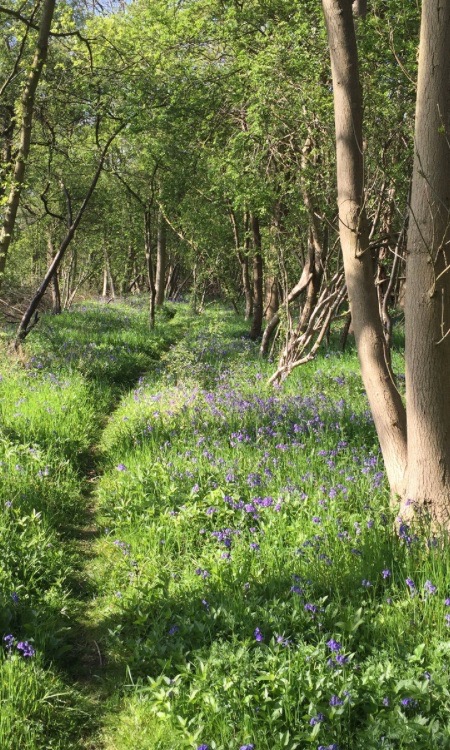
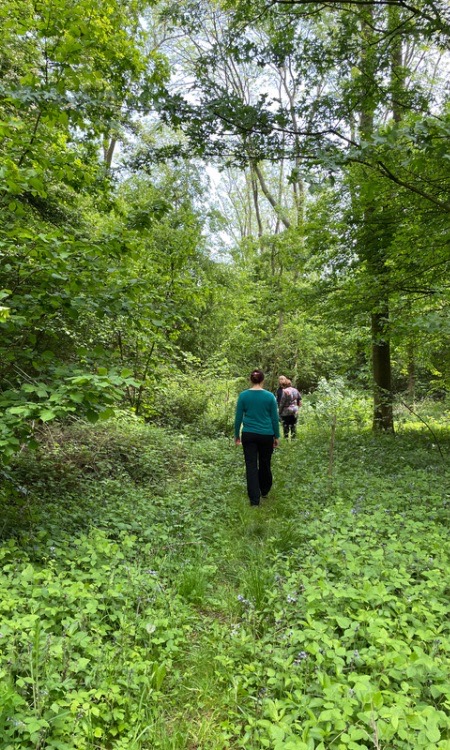
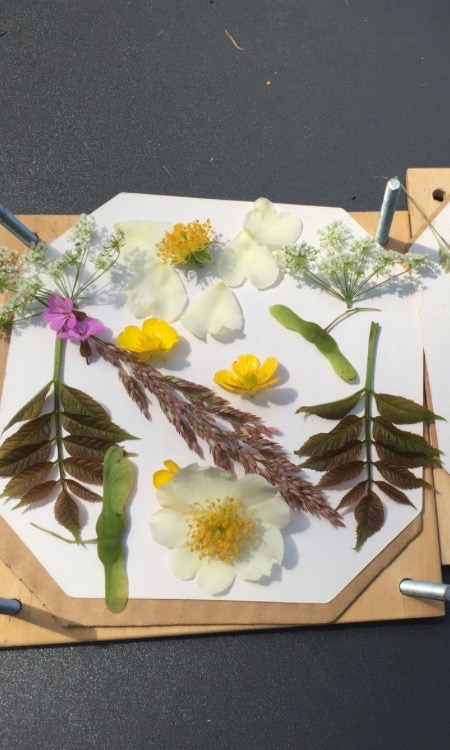
The Science behind the story
Scientific research has proved that spending just 2 hours a week immersed in nature has the potential to deliver significant health and wellbeing benefits.
Nature immersion activities can be active or they can be reflective, it all depends on personal preference. What is key to experiencing Nature conneciton benefits lies in learning to bring heightened awareness to your senses of sight, hearing, smell, touch and even taste. When you’re focussed on your senses it turns down the volume of your chattering mind and that in itself can effect mental relaxation and physical relaxation that helps reset emotonal balance.
The experience of Nature Immersion is akin to allowing yourself to be bathed by soothing, warm water; a nourishing. bathing experience that has not only been practiced by the Japanese for over 50 years. Research into the benefits of bathing in nature has resulted in the practice becoming a valued part of Japan’s National Health Service.
Originally posted 2023-08-12 14:22:13.

